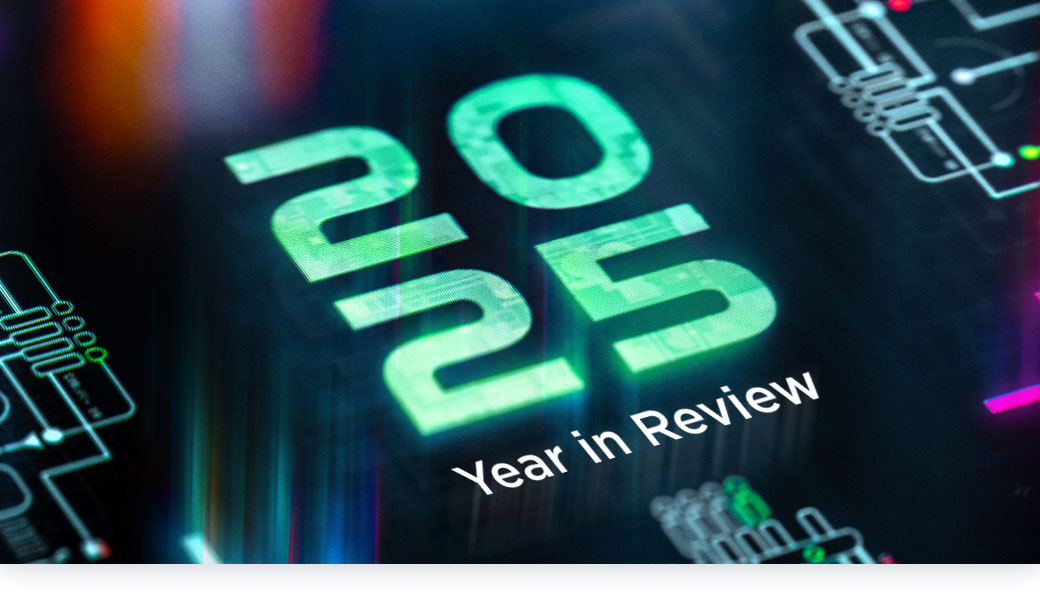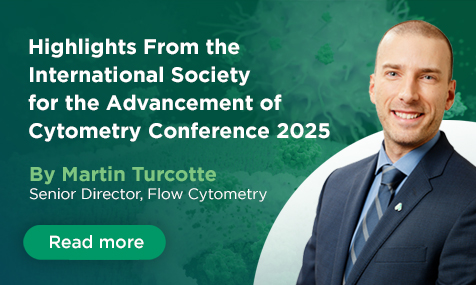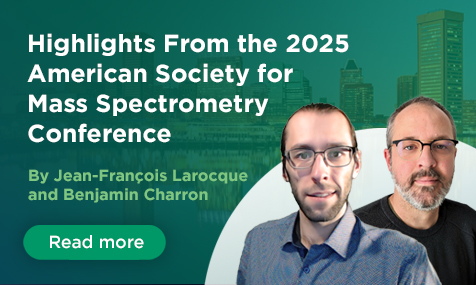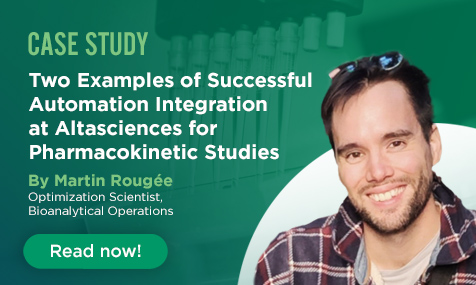My Attendance at the 2024 Boston Society Cell and Gene Therapy Conference

My fellow Altascientists and I recently attended the 2024 annual Boston Society Gene & Cell Therapy Conference, held at the wonderful Museum of Science in, of course, Boston, MA.
Attendees were encouraged to engage in several talks and presentations throughout the day, and the event organizers had done a fantastic job assembling an outstanding lineup of speakers/key industry leaders to spark extensive discussions. Of all the high-quality presentations I attended, two in particular caught my attention.
Past, Present, and Future of Cell and Gene Therapy by Dr. Mark Milton
In his keynote lecture, Dr. Mark Milton, PhD, (formerly of Novartis) gave an insightful and in-depth history lesson on the field of cell and gene therapy. Even with recent advances, there are still many unknowns when it comes to gene therapies, and Dr. Milton pointed out that there is somewhat of a disconnect between the regulatory environment and scientific needs.
Dr. Milton also highlighted which assessments are optional for the development of gene therapies and how eliminating them could save sponsors time and money, while listing those that are essential to consider, including shedding, biodistribution, and cellular immune response assays and neutralizing antibody assays.
Preclinical Considerations for Development of GTx by Dr. Glen Banks
The second presentation that stood out to me was that of Dr. Banks, PhD, Head of Cardiovascular Gene Therapy at Bristol Myers Squibb. Dr. Banks spoke about the complexity of an AAV capsid design, in which the delivery of the payload is paramount, and reminded us that no matter how good the design, sometimes the primary roadblock can be trying to scale the manufacturing process up to commercial quantities. While designing expression cassettes is less of a scientific challenge, it is nonetheless an important one.
Dr. Banks also spoke about the importance of assessing the potency of the expression cassette, even during the design phase, instead of relying solely on previously published material. An in-house in vitro potency assay on human cells is an early worthwhile investment.
Final Thoughts
It goes without saying (but I’ll say it anyway): Cell and gene therapy is a field in rapid evolution. This was evident at the 2024 Boston Cell & Gene Therapy Conference. One thing is for sure—regardless of how the field evolves around regulation requirements, Altasciences has the experience and range of capabilities to take on your gene therapy drug development programs.
Our experts have over five years of experience with CRISPR gene-editing therapeutics in nonhuman primates (NHPs) and extensive expertise in bioanalysis for biodistribution studies, in addition to many molecular biology platforms, such as ligand binding assays (LBA), NAbs, TAbs, flow cytometry, and ELISpot.
Contact one of our experts today to discuss your gene therapy program.
About the Author

Dr. Martin Turcotte, Senior Director, Flow Cytometry, has been at Altasciences since 2023. He brings with him more than 13 years of scientific experience and a keen interest in health sciences. Following the completion of a Doctor of Philosophy in Pharmaceutical Sciences from the Université de Montréal, and several years in the CRO industry, he has developed extensive expertise in flow cytometry technologies.
Dr. Turcotte is always enthusiastic to share his knowledge and help Altasciences’ partners improve the quality of their drug development programs.



